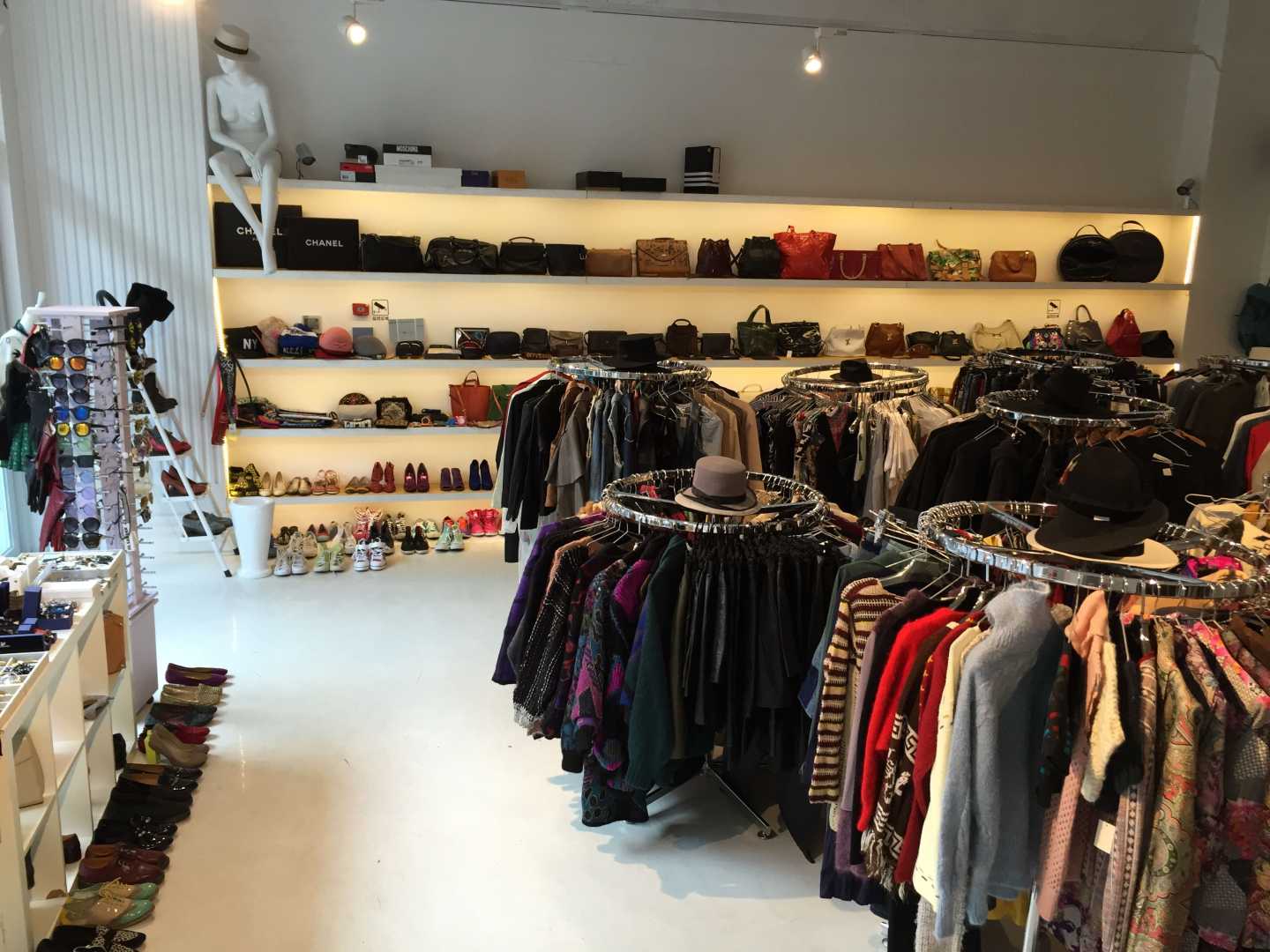Business
China’s Luxury Market Shifts to Second-Hand Amid Economic Struggles

BEIJING/SHANGHAI, June 10 (Reuters) – Mandy Li, a 28-year-old energy sector worker in China, used to treat herself to luxury handbags. However, after her employer cut her wages by 10% and her family’s real estate investments lost half their value, she has turned to second-hand options. ‘I’m cutting down on large expenditures,’ Li said while browsing Beijing’s Super Zhuanzhuan store, which opened in May.
The ongoing property crisis has forced many consumers to adjust their spending habits. Li commented, ‘The economy is definitely in a downturn,’ noting that her family’s financial situation has worsened significantly.
As deflationary pressures grow in the world’s second-largest economy, consumer behavior is changing. Data released on Monday indicated that consumer prices dropped by 0.1% in May compared to the previous year. Price wars are becoming common across various sectors, from automotive to e-commerce, raising concerns about overcapacity and sluggish demand.
Capital Economics warned that persistent overcapacity could keep China in a deflationary cycle into next year. In response, businesses are innovating to attract cost-conscious consumers, with restaurants offering low-cost meals and supermarkets running frequent sales.
The demand for affordable luxury is evident in the second-hand market, which has seen over 20% growth annually since the pandemic. Discounts offered by new stores, including Super Zhuanzhuan, can be as high as 90% off original prices.
Lisa Zhang, a market research expert, noted that more existing luxury consumers are shifting to second-hand markets due to economic pressures, leading to increased competition and discounts. For example, a green Coach bag originally priced at 3,260 yuan ($454) can be found for only 219 yuan ($30).
Despite the growth in sellers—around 20% year-over-year—the buyer base remains stable. A founder of another second-hand luxury brand pointed out, ‘The middle class – their salary has really decreased. The economy is the number one reason we’re seeing these trends.’ He anticipated that many newly opened stores might not survive.
University professor Riley Chang visited Super Zhuanzhuan not to purchase but to evaluate the resale value of her items. She was disappointed by the low offers she observed across several second-hand stores in major cities like Beijing and Shanghai.
This situation highlights the changing dynamics in China’s luxury goods sector as consumers adapt to economic uncertainty.












